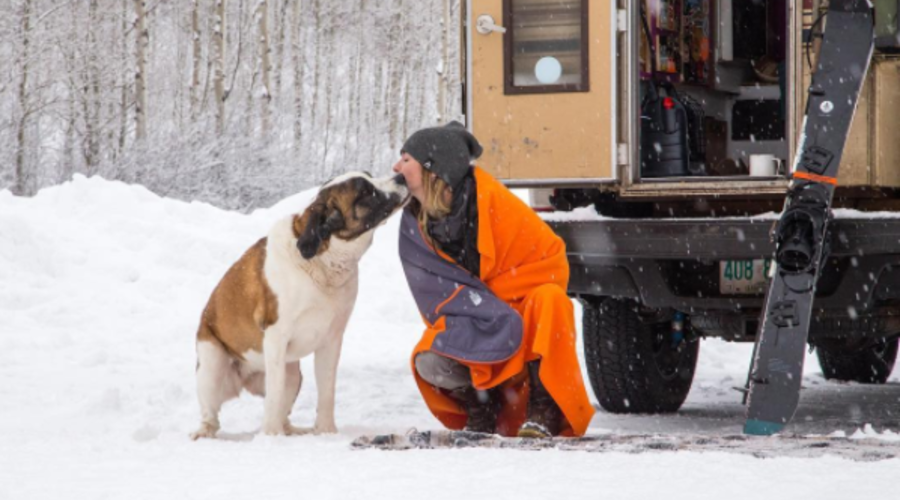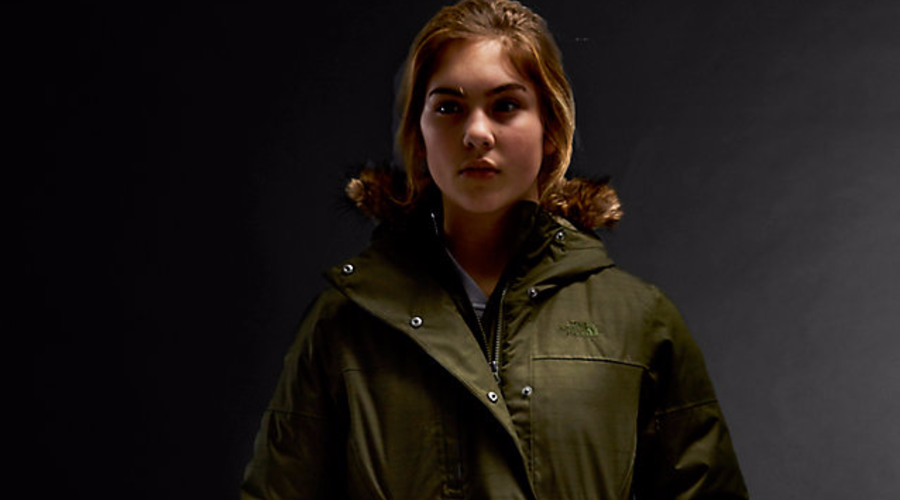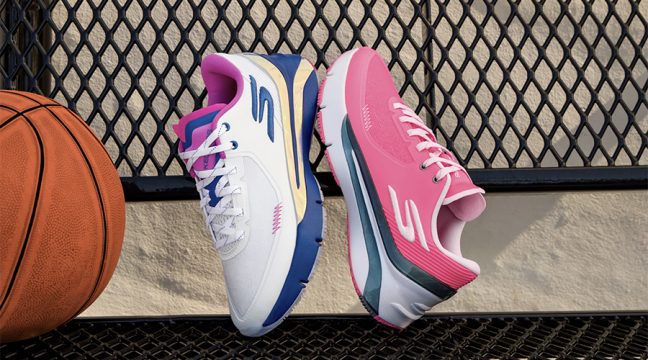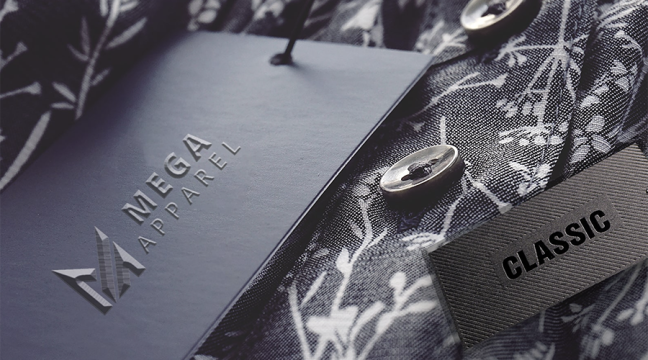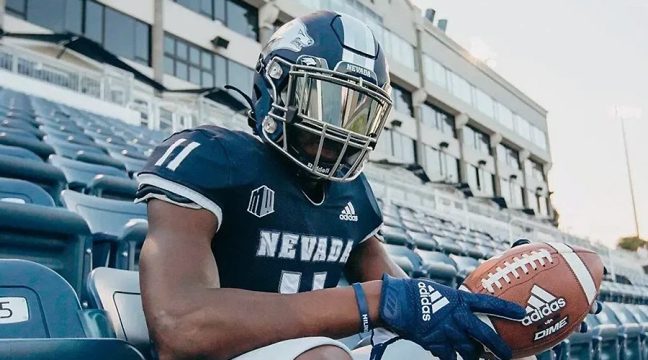“VF believes that all animals within the global commercial supply chain should be treated with care and respect,” said Letitia Webster, VF’s VP of global corporate sustainability.
Writer: Tom Ryan
Take that, Canada Goose! VF Corp., the parent of The North Face, Timberland and Vans, announced it will no longer use fur, angora or exotic leather in its products.
The announcement came with the release of its first-ever Animal Derived Materials Policy, developed in partnership with The Humane Society of the United States and Humane Society International. The policy outlines which animal materials are prohibited and sets formal guidelines for the procurement and use of approved materials by the company’s brands and global supply chain partners. The animal-derived materials most often used by VF and its brands are leather, down and wool.
VF’s other brands in its Outdoor & Action Sports coalition include Eagle Creek, Eastpak, JanSport, Kipling, Lucy, Napapijri, Reef and Smartwool. Other brands include Lee, Rider by Lee, Rock & Republic and Wrangler in its Jeans coalition; Bulwark, Horace Small, Red Kap and Wrangler Workwear in its Work coalition as well as the Nautica sportswear brand.
“VF believes that all animals within the global commercial supply chain should be treated with care and respect,” said Letitia Webster, VF’s VP of global corporate sustainability. “As we continue to promote the development of viable commercial substitutes to animal materials, this policy will help to ensure that the materials we use today are procured from sources that prioritize animal welfare and responsible business practices.”
VF’s new policy builds on past efforts among its brands. Timberland partnered with other footwear brands, tanneries and retailers to form the Leather Working Group to promote responsible practices within the leather industry. In 2014, The North Face announced its Responsible Down Standard (RDS), a global standard through which any brand can evaluate and certify its complete down supply chain. RDS was developed in partnership with Control Union and Textile Exchange, which now manages the program. Also, VF participates in programs centered on best practices in the wool industry.
VF also banned down feathers from force-fed, live-plucked geese as well as wool stemming from the practice of mulesing, which involves cutting the rear skin of a merino sheep so it isn’t so prone to fly or maggot infestations.
In a blog entry, Wayne Pacelle, president and CEO of The Humane Society of the United States, noted that VF’s move comes as many fashion houses have been switching to “humane alternatives.” Last year, Armani announced it would go fur-free. Brands and designers like Hugo Boss, Calvin Klein, Tommy Hilfiger, Stella McCartney and Ralph Lauren have also switched to non-fur alternatives.
The blog entry also noted that Melania Trump recently joined the ranks of other recent first ladies, including Michelle Obama, Laura Bush, and Hillary Clinton, who have vowed to shun fur.
“With clothing producers like VF going fur-free and expanding their policy to other animal products, there is reason to hope for millions of animals caught up in an industry that literally takes the skin off their backs,” wrote Pacelle.
The move comes as Canada Goose had been regularly facing demonstration outside Canada Goose’s SoHo store over its use of coyote-fur as well as goose and duck down insulation. Canada Goose has strongly defended their use of fur and down as part of its Transparency Standards. Canada Goose writes in part on its website, “We understand and respect that some people think animal products should never be used in any consumer products, however we do not share that view. We are committed to providing full transparency about how we make our products, including the ethical sourcing and responsible use of animal products.”
Photos courtesy The North Face

